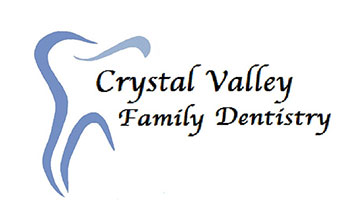
Caring for Gums and Your Jawbone
Periodontics is a branch of dentistry that specializes in periodontal disease, specifically affected gums and jawbone. A periodontist can help prevent, diagnose, and treat inflammatory gum disease. Periodontists can treat cases ranging from early gum disease or gingivitis to necrotizing periodontitis (the most severe form of gum disease).
Why get periodontal treatment?
Starting with mild inflammation of the gums (gingivitis), periodontal disease progresses into something much more serious. It is the leading cause of tooth loss in adults. If you are experiencing swollen, red, bleeding, or painful gums, then you may very well have early periodontal disease. Sometimes there are no noticeable symptoms.
Periodontal disease is usually brought on by poor oral hygiene. It is caused by plaque bacteria that has been left on the teeth and gums. They multiply and destroy gum tissue around the teeth. Eventually, the bacteria will cause the jaw bone the recede and your teeth will become loose.
Symptoms of periodontal disease
- First clear signs/advanced gum disease: Bleeding, swollen, and/or red gums around most teeth. The jawbone begins to recede.
- Gum recession: Gums begin to recede higher above the tooth. This often starts or is worse in one spot (where the disease starts). This needs to be treated immediately to avoid spreading.
Treatment of periodontal disease
The earlier you catch periodontal disease, the better. Our staff will work on getting rid of the bacterial infection and give you instructions on what to do at home. If left untreated, periodontal disease can lead to tooth and bone loss.
Oral or topical Antibiotic treatments can be incredibly effective at treating the disease. When it comes to gum disease, oral antibiotics are not often prescribed because they can affect the entire body. Antibiotic gel or strips work really well for gum disease because they do not affect the rest of your body. They deliver the medicine directly to the disease and have been shown to be extremely effective, especially after scaling and root planing.
Different antibiotics may have different effects. Our staff will discuss which treatment options would work best for your situation.
At later stages, scaling may be needed to remove the plaque and calculus (hardened plaque or tartar) from the teeth and tissues. If the disease has progressed far enough where significant jaw recession has happened, Dr. Regan DDS will remove any unsaveable loose teeth.
Once your mouth is healed and ready, our staff may provide a dental implant procedure to restore your mouth’s natural look, feel, and bite.
Remember to maintain good oral hygiene habits to prevent periodontal disease. Although it is very common, it is easily preventable just by brushing, flossing, rinsing, and living healthy.


